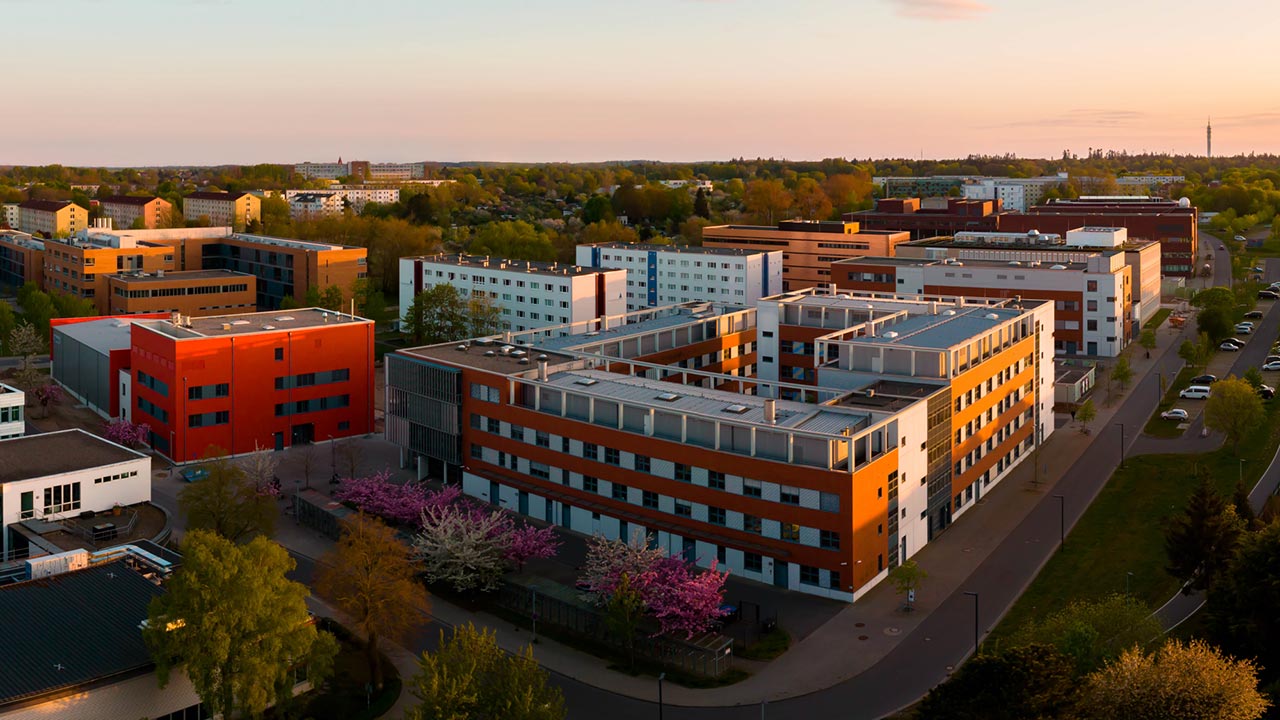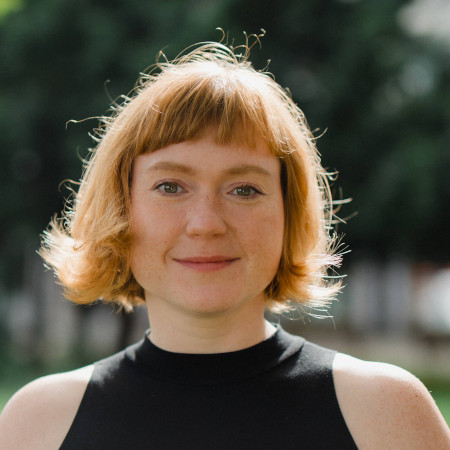Technical center brings catalysis research closer to practice
The Leibniz Institute for Catalysis (LIKAT) in Rostock has opened a new facility to perform laboratory chemistry in the kilo range.

On July 4, 2022, the ceremonial opening of the new technical center at the Leibniz Institute for Catalysis (LIKAT) in Rostock took place. With the possibility of carrying out chemical experiments on a kilogram scale, it is intended to bridge the gap between basic research and practice. The federal government and the state of Mecklenburg-Western Pomerania provided a total of around 12 million euros for the construction, which took three and a half years to complete.
Open up new funding options
LIKAT's statutory mission is to conduct cutting-edge basic research and to apply the findings to practical applications. However, whenever calls for funding for research projects required precisely that kilogram scale, LIKAT has had to pass.
Besides its own team, the technical center is also intended to offer start-ups and established companies a place for practical research where they can cooperate with LIKAT researchers. One of the first projects at the new technical center is set up exactly like this: Experts from the APEX Group together with LIKAT researchers to develop a demonstrator for a hydrogen bat.
Green hydrogen and e-fuels in focus
All previous LIKAT topics will also be found at the technical center. These include research into new catalysts and reactions for sustainable chemistry based on renewable raw materials and renewable energies. One focus is on green hydrogen. Both its CO2-neutral production and its storage in the form of green fuels and chemicals made from hydrogen are to be advanced here to a level that LIKAT Director Matthias Beller believes will have "international appeal."
One major project is CO2 capture from the atmosphere, for which, according to the institute, there is still no market-ready solution worldwide. Together with solar power, the gas could be the raw material for e-fuels, energy storage and basic chemicals. The LIKAT researchers also want to answer the question of how this can be achieved economically on a large scale at the new technical center.
bl


